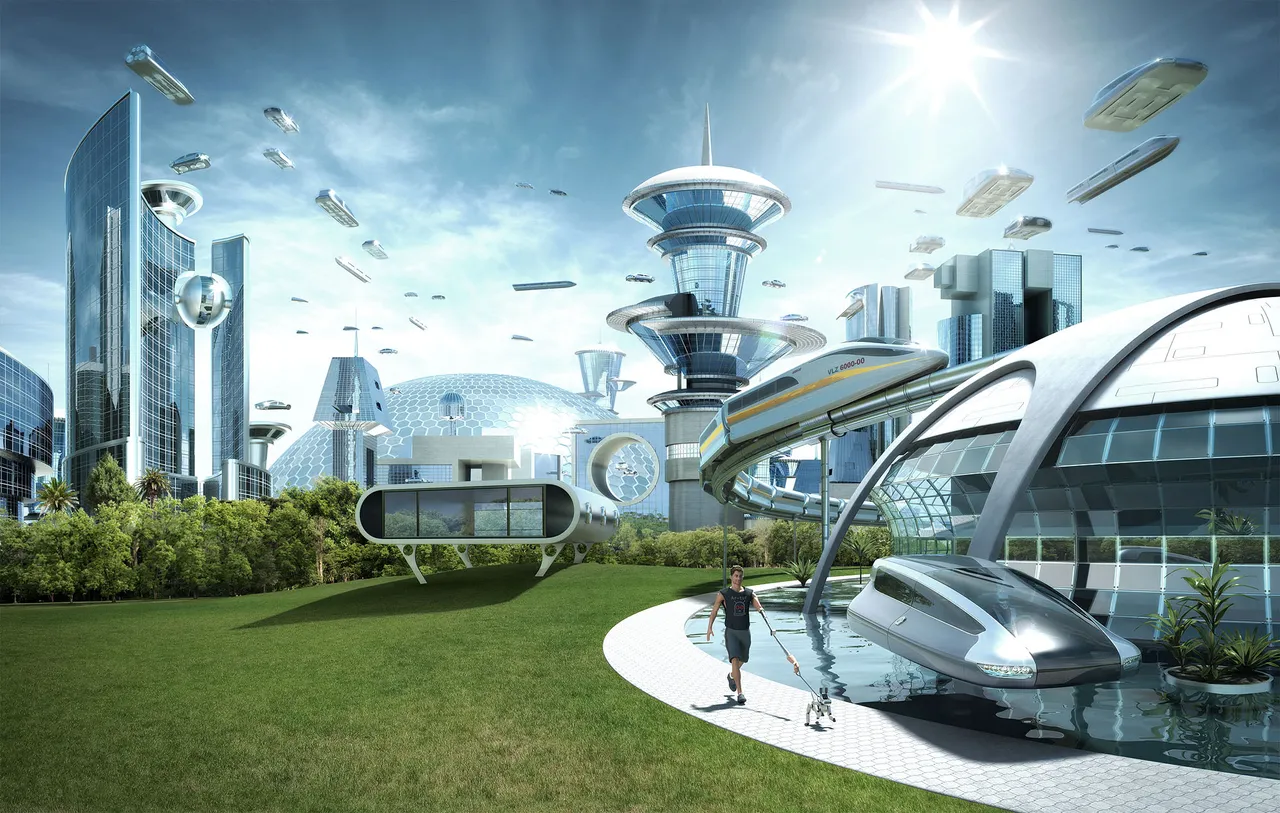
A thousand years from now, people will still be able to watch our movies and TV programs and read at least some of the things we put online today. How will that affect humanity's relationship with its own history, when we will be able to actually SEE and HEAR the people who lived in the ancient past?
Well, I'm quite certain that an immense selection of movies, music and TV programs will get transferred over to new storage mediums as they get invented. After all, that is what has happened so far. Even without niche preservationists, I'm sure there will be a large number of non-interactive audiovisual recordings from the 20th and 21st centuries still available a thousand years from now.
The outlook for interactive things - like computer games or other software - is less positive. But that doesn't matter as much, anyway. I'm thinking of people in the year 3013 being able to see and hear Martin Luther King or George W. Bush (or, for that matter, Hitler), not them being able to play Mario or Mass Effect.
I'm also fairly certain that there will be future anthropologists (not to mention cranks) treating our TV as reality. After all, even today there are people treating ancient fiction as reality (one word: Atlantis).
On the off chance that someone in the future reads this, blockchain is forever, immutable et cetera : Just so you know, future-people, BATTLESTAR GALACTICA IS NOT A DOCUMENTARY ABOUT HUMAN ORIGINS. Let me also add that Star Wars is NOT based on ancient knowledge about far-away galaxies that have somehow been lost in the dark agese between our time and yours. Seriously, stop looking for evidence of human-analogue lifeforms in the Local Cluster. They are not there.
In all seriousness, I think it would be potentially useful to build a time capsule filled with information preemptively refuting stupid conspiracy theories that are likely to arise in the future based on the misreading of our current pop culture. (eg. Zombies and vampires don't exist, we have not actually made contact with any aliens, we have not invented time travel, etc.)

Civilisation as we know it won't last until then
Current civilisation as we know it may not last another 100 years, but that's not to say humanity as a whole is doomed. Climate change is something we must seriously think about and tackle. It will probably cause famines, mass migrations away from flooded or desertified areas, water shortages, refugee crises, and wars over scarce resources. None of this, however, is enough to threaten the existence of humanity itself, or even our current civilisation.
Past human civilisations have shown a remarkable ability to continue despite the deaths of vast numbers of people. Europe survived the Black Death. Native American culture survived (especially in South America) despite suffering the greatest genocide in history, which included the loss of the majority of the native population. Likewise, human technology has continued to improve despite all disasters (both natural and man-made) that have hit us.